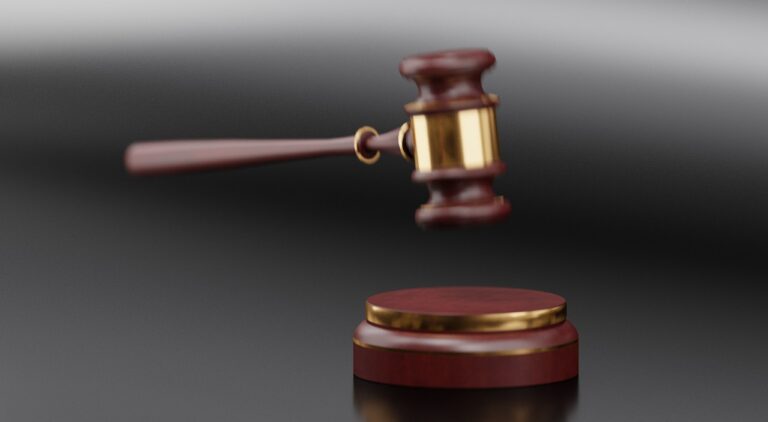Liability Coverage: Protect Your Business and Assets
In today’s increasingly litigious society, it’s crucial for businesses and individuals to safeguard themselves against potential liability claims. Liability coverage provides a financial cushion against legal expenses and judgments resulting from accidents, injuries, or negligence.
Understanding Liability Coverage
Liability insurance protects against third-party claims for injuries, property damage, or other harm caused by the insured. Policies typically cover bodily injury, property damage, personal injury (such as slander or libel), and defense costs.
Types of Liability Coverage
- General liability insurance: Provides broad coverage for general business operations, such as office accidents, product defects, and advertising injuries.
- Commercial auto insurance: Protects against liability arising from vehicle accidents involving company vehicles or employees driving their personal vehicles on business.
- Professional liability insurance (E&O insurance): Specific to professionals, such as doctors, lawyers, and accountants, and covers claims of negligence or errors in their services.
- Product liability insurance: Protects manufacturers and distributors against claims of injury or damage resulting from products they sell.
Benefits of Liability Coverage
- Pays for legal expenses: Covers the costs of defending against liability claims, including attorney fees, court costs, and settlements.
- Limits financial liability: Protects the insured’s assets and income from being used to pay judgments.
- Preserves business reputation: Negative publicity surrounding liability claims can damage a business’s reputation. Liability coverage can help mitigate these risks.
- Provides peace of mind: Knowing that you’re protected against potential claims can give you a sense of security and allow you to focus on growing your business.
Choosing Liability Insurance
Factors to Consider
- Type of business: Different industries face different liability risks.
- Revenue and assets: The higher the revenue and assets, the greater the potential exposure to liability.
- Number of employees: As the number of employees increases, so does the risk of accidents or negligence.
- Location: Certain laws and regulations may impact liability coverage requirements.
- Industry-specific risks: Some industries face unique liability risks that may require specialized coverage.
Practical Tips
- Shop around and compare quotes from multiple insurers.
- Work with an insurance agent who specializes in liability coverage.
- Review your policy annually and adjust your coverage as needed.
- Maintain safety protocols and train employees to minimize liability risks.
Conclusion
Liability coverage is essential for businesses and individuals alike. It provides a safety net against financial losses and damage to reputation resulting from liability claims. By understanding the types of liability coverage available, choosing the right policy for your specific needs, and implementing risk management practices, you can protect yourself and your assets from the unforeseen.

























